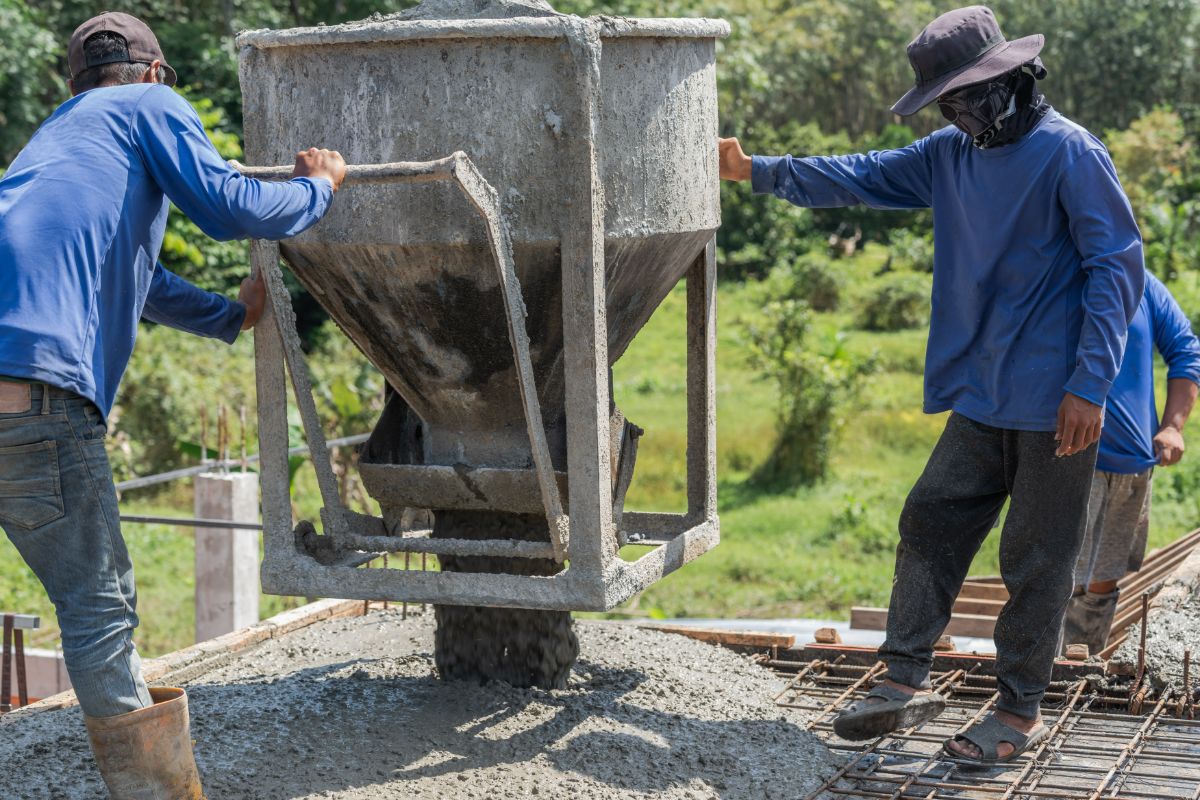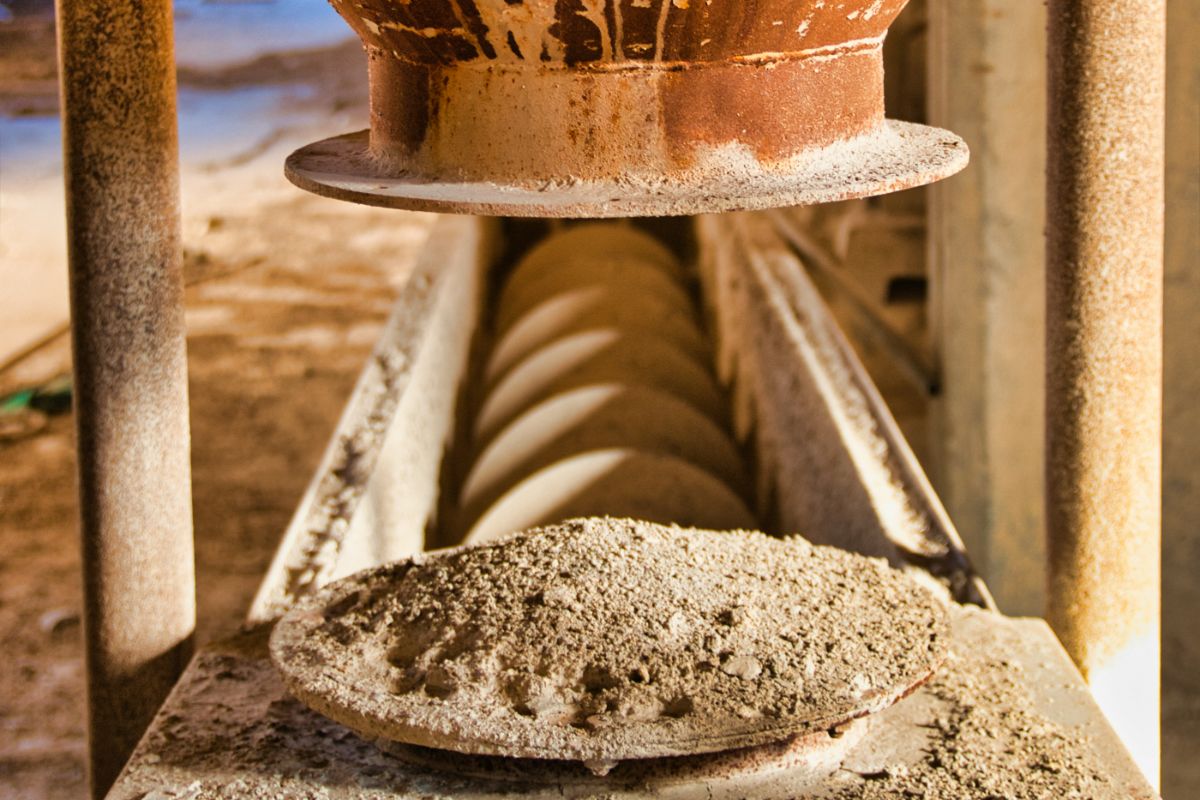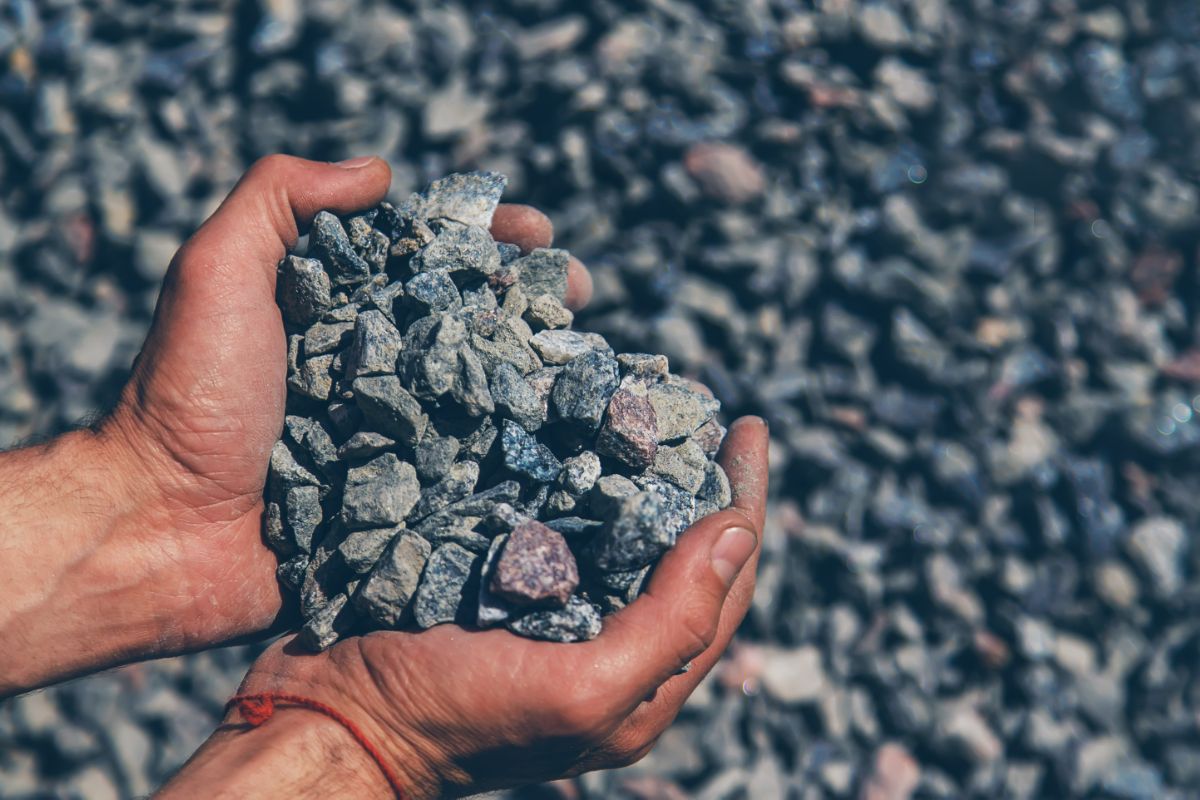

Overview
- Taking into account the environmental aspects of ready-mix concrete production is vital for mitigating climate change which adheres to regulatory standards, meets consumer expectations, and secures economic sustainability in the long term.
- Every facet demands meticulous attention and proactive steps that involve the adoption of sustainable sourcing methods to diminish its environmental impact and foster enduring sustainability.
In the construction industry, balancing progress with environmental responsibility is crucial. The production of ready mix concrete, a staple in modern construction, has significant environmental impacts that must be addressed. Considering the environment while building isn’t just about meeting regulations; it’s about ensuring sustainable development for future generations.
This article delves into the environmental considerations of ready mix concrete, highlighting the importance of adopting eco-friendly practices. By understanding and mitigating the environmental impacts, we can pave the way for greener construction methods, ultimately contributing to a healthier planet.
Emissions and air quality are critical factors in production due to the release of particulate matter, CO2, and other pollutants during manufacturing and transportation. These emissions contribute to air pollution, impacting both environmental and human health.
Controlling dust emissions, optimizing fuel consumption, and implementing cleaner technologies are key strategies to reduce harmful emissions in this type of production. By using advanced dust collection systems, upgrading equipment for better fuel efficiency, and incorporating alternative energy sources, companies can significantly lower their environmental footprint. Monitoring air quality and continuously mitigating these impacts are essential for sustainable production practices.
Ready mix concrete production is energy-intensive due to the cement manufacturing process. High temperatures, up to 1450°C, are required to calcine limestone and other materials in kilns. This demands substantial fuel use, typically coal or natural gas, resulting in significant energy consumption and greenhouse gas emissions, impacting the overall environmental footprint.
One approach to achieve this is through the adoption of energy-efficient equipment and technologies like high-efficiency mixers and curing systems which can minimize energy wastage during production. Optimizing production processes like batching and transportation can also further reduce energy consumption by streamlining operations and minimizing idle time.

Extracting raw materials including aggregates, cement, and water often comes with substantial environmental consequences like habitat destruction, land degradation, and resource depletion. It’s important to adopt sustainable sourcing practices to mitigate these effects.
One key approach involves utilizing recycled aggregates from construction and demolition waste which reduces the need for new extraction while diverting waste from landfills. Incorporating supplementary cementitious materials like fly ash or slag into concrete mixes also reduces the demand for virgin cement which is a major contributor to carbon emissions.
The production of concrete demands significant quantities of water for mixing and curing which results in substantial water consumption and wastewater generation. It is essential to implement effective water conservation measures throughout the production process to address this challenge.
This includes recycling process water wherever possible to reduce overall consumption and employing water-efficient equipment to minimize wastage. Robust wastewater treatment systems are also important to ensure that any water discharged from concrete production facilities meets regulatory standards and does not contaminate surrounding water bodies with pollutants.

This process inevitably results in the generation of various waste materials including excess concrete, packaging, and demolition waste. It is vital to adopt proactive waste reduction strategies to mitigate the environmental impact associated with waste disposal and resource depletion. This involves optimizing production processes to minimize waste generation like precise batching and efficient use of materials.
Promoting the recycling and reuse of concrete waste is important. Concrete can be crushed and recycled as aggregates for new concrete mixes or used as supplementary materials in other construction applications. Embracing these recycling practices not only diverts waste from landfills but also conserves natural resources by reducing the demand for virgin aggregates and cement.
Environmental Management Systems (EMS) play a vital role in ensuring the sustainable operation of ready-mix concrete production facilities. Implementing a comprehensive EMS allows companies to systematically monitor, evaluate, and improve their environmental performance at every stage of the production process.
This entails establishing clear environmental objectives and targets which serve as guiding principles for minimizing environmental impact and maximizing resource efficiency. Regular environmental audits are also conducted to assess compliance with regulations and identify areas for improvement.
Each aspect requires careful attention and proactive measures by embracing sustainable sourcing practices to reduce its environmental footprint while promoting long-term sustainability. Addressing these environmental considerations of ready-mix concrete production is crucial for mitigating the industry’s impact on the planet from emissions and energy consumption to raw material sourcing.
At Big Ben, we understand the importance of environmental considerations in concrete production. That’s why we’re committed to offering dependable and efficient ready-mix concrete solutions while prioritizing sustainability. Contact us today and discover the benefits of partnering with a leading industry supplier that values both quality and sustainability!